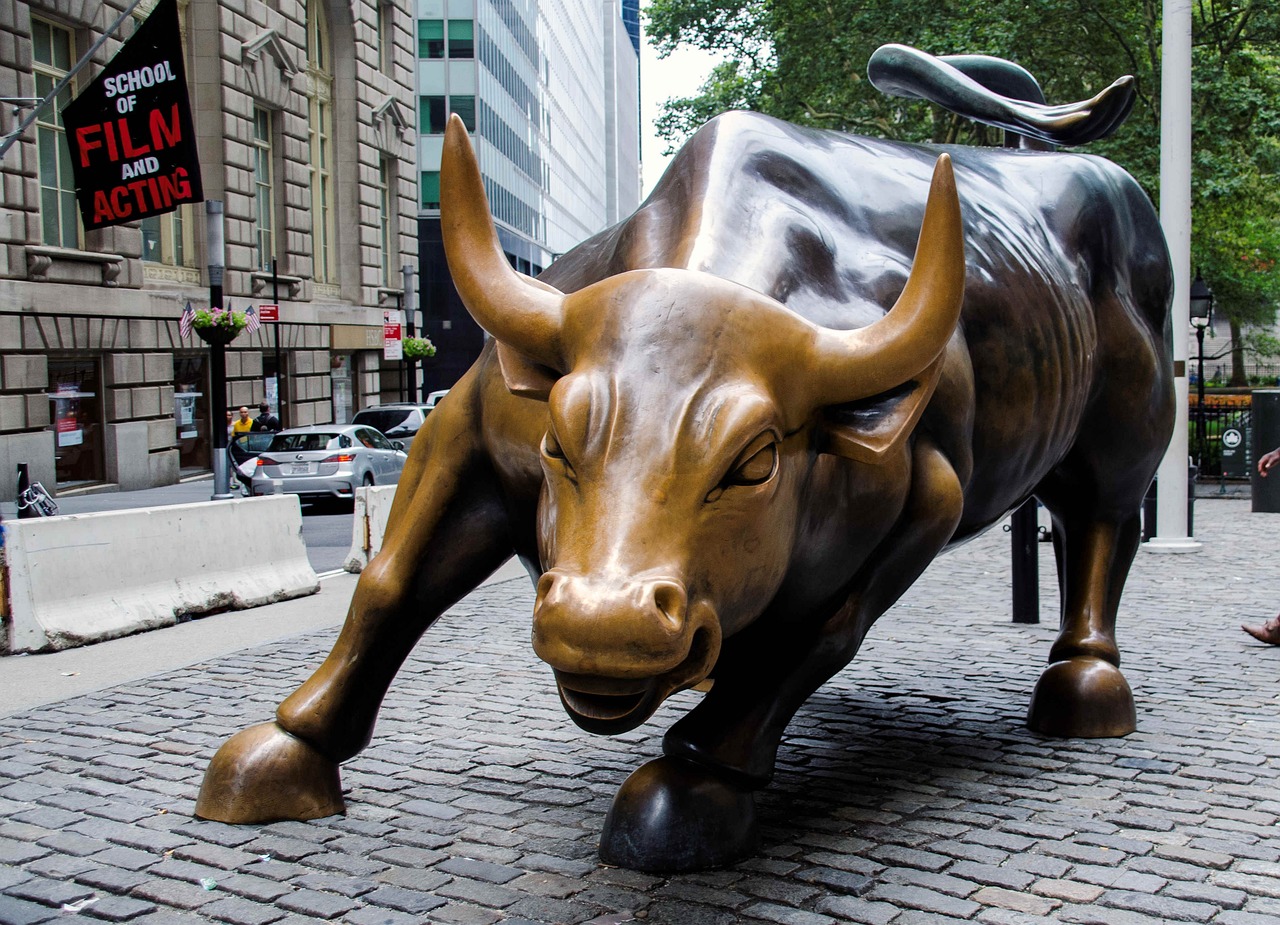
Shares of fintech company Upstart (UPST) have taken investors on a roller-coaster ride since its initial public offering (IPO) in December 2020. The stock went public at a price of $20, and soared to a record high north of $400 within 12 months.
Today, UPST stock trades at $23.82, valuing the company at a market cap of $2.09 billion.

While most analysts remain cautious about Upstart's long-term prospects, Mizuho Securities recently took a contrarian view on the stock. Let’s see why.
An Overview of Upstart
Founded in 2012, Upstart Holdings operates a cloud-based artificial intelligence (AI) lending platform in the U.S. The platform includes personal loans, auto loans, home equity lines of credit, and refinance loans that connect consumer demand for loans with banks and credit unions.
Upstart aims to disrupt the legacy lending business by allowing banks and credit unions to use its proprietary AI-powered platform to better evaluate loan applications. Upstart claims its platform is much better than traditional credit scores as enhancing the loan disbursement process for clients resulting in fewer defaults. According to Upstart, lenders can approve more loans at lower interest rates across races, ages, and genders.
Upstart thrived amid the market's previous bull run, which ended in 2021, as it increased revenue from $233 million in 2020 to $848 million in 2021. However, rising interest rates and inflation led to a tepid lending environment, driving its revenue lower - to $842 million in 2022 and $513 million by 2023.
Mizuho Securities is Bullish on Upstart
Shares of Upstart gained over 7% last Wednesday after Mizuho issued a double upgrade on the stock, raising its rating from “Underperform” to “Outperform.”
Analyst Don Dolev stated, “With 0 buys, 9 neutrals, 10 sells, and a short interest of ~33%, Upstart doesn't have many fans. However, the growing likelihood of lower rates, improving borrower risk, lower UPST ABS delinquency rates, an improving UMI Index in June, and positive industry commentary are signs that conditions may be improving.”
The investment bank also increased its price target on UPST from $17 to $31, about 30% higher than the stock's current price.
As Dolev's note indicates, Mizuho is the lone bull on Wall Street when it comes to UPST. Out of the 17 analysts in coverage, theirs is the only “strong buy,” while eight analysts recommend “hold,” two recommend “moderate sell,” and six recommend “strong sell," for a consensus of “moderate sell.”

The average analyst target price for UPST stock is $20.25, a discount to Monday's closing price.
Is UPST Stock a Good Buy?
Just before its IPO, Upstart stated it had partnered with 10 banks and credit unions, and the number of lending partners has now risen to more than 100. Further, Upstart has expanded its product portfolio to include auto loans and HELOCs, which are massive addressable markets.
In Q1 of 2024, Upstart increased sales by 24% year over year to $127.8 million. Comparatively, its operating losses narrowed to $67.5 million from $131.8 million in the last 12 months. In the March quarter, Upstart’s small dollar loan growth grew 80%, and its HELOC offering is now available in 19 states in the U.S. plus DC, up from 11 states last year.
Analysts expect Upstart sales to fall by 3.9% to $538.6 million in 2024. Further, its adjusted losses per share are forecast to expand from $0.56 in 2023 to $0.99 in 2024.
Despite the recent upgrade, investors should proceed with caution ahead of tonight's upcoming earnings report from the AI-based lender, as investing in Upstart is quite risky due to its negative profit margins and revenue growth rate.
On the date of publication, Aditya Raghunath did not have (either directly or indirectly) positions in any of the securities mentioned in this article. All information and data in this article is solely for informational purposes. For more information please view the Barchart Disclosure Policy here.






